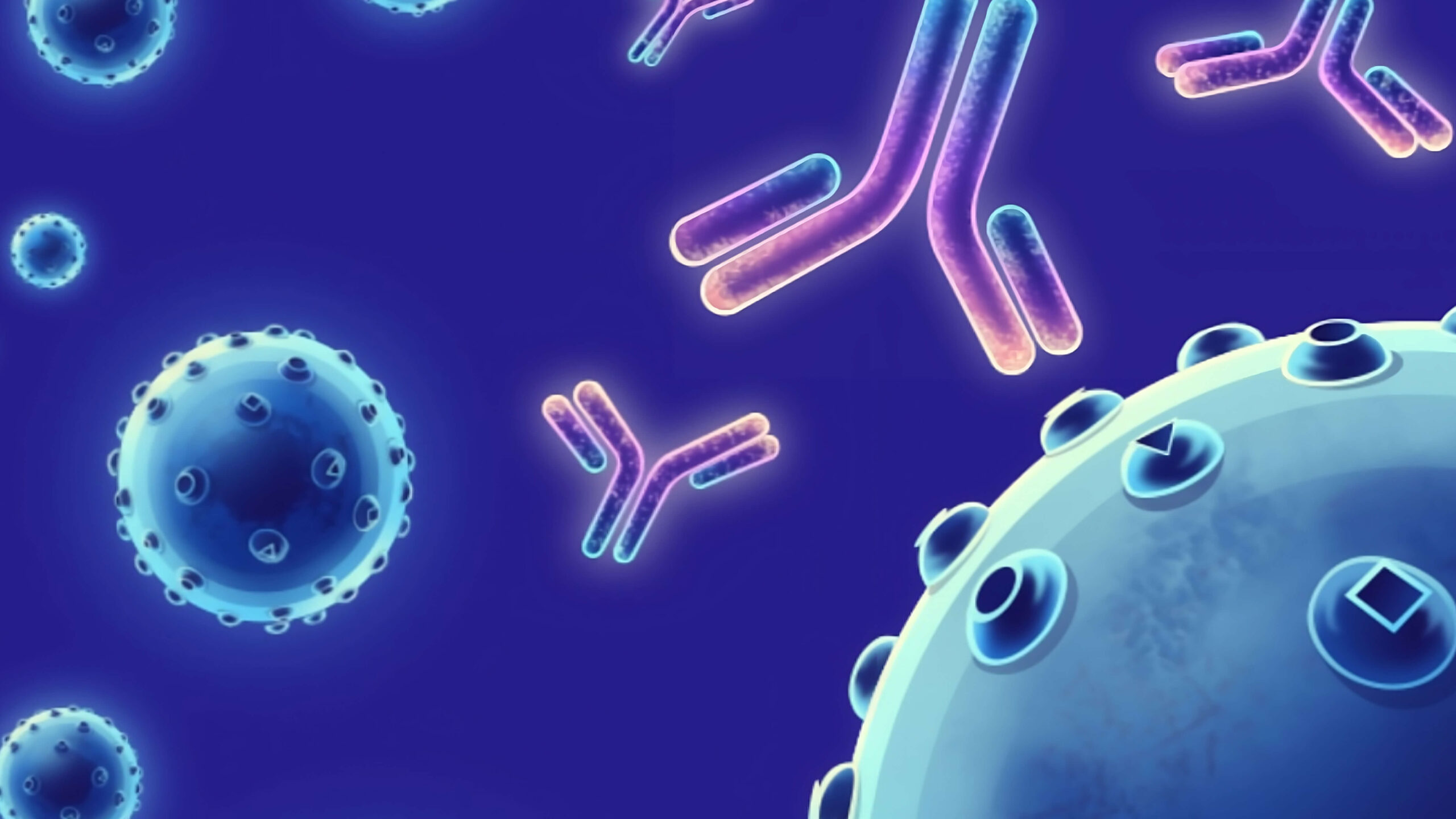Description
15-hydroxyprostaglandin dehydrogenase [NAD+], also known as Prostaglandin dehydrogenase 1, HPGD, and PGDH1, is a member of the short-chain dehydrogenases/reductases (SDR) family. Prostaglandins (PGs) play a key role in the onset of labor in many species and regulate uterine contractility and cervical dilatation. Therefore, the regulation of prostaglandin output by PG synthesizing and metabolizing enzymes in the human myometrium may determine uterine activity patterns in human labor both at preterm and at term. Prostaglandin dehydrogenase (PGDH) metabolizes prostaglandins (PGs) to render them inactive. HPGD is down-regulated by cortisol, dexamethasone, and betamethasone and down-regulated in colon cancer. It is up-regulated by TGFB1. HPGD contributes to the regulation of events that are under the control of prostaglandin levels. HPGD catalyzes the NAD-dependent dehydrogenation of lipoxin A4 to form 15-oxo-lipoxin A4. and inhibits in vivo proliferation of colon cancer cells. Defects in HPGD are the cause of primary hypertrophic osteoarthropathy autosomal recessive (PHOAR), cranio-osteoarthropathy (COA), and isolated congenital nail clubbing.
Target
HPGD
Target Alias Names
15-PGDH, PGDH, PGDH1, PHOAR1, SDR36C1
Isotype/Mimetic
Rabbit IgG
Animal-Derived Biomaterials Used
No
Sequence Available
No
Original Discovery Method
Phage display technology
Antibody/Binder Origins
Animal-dependent discovery, post-2020, In vitro recombinant expression

